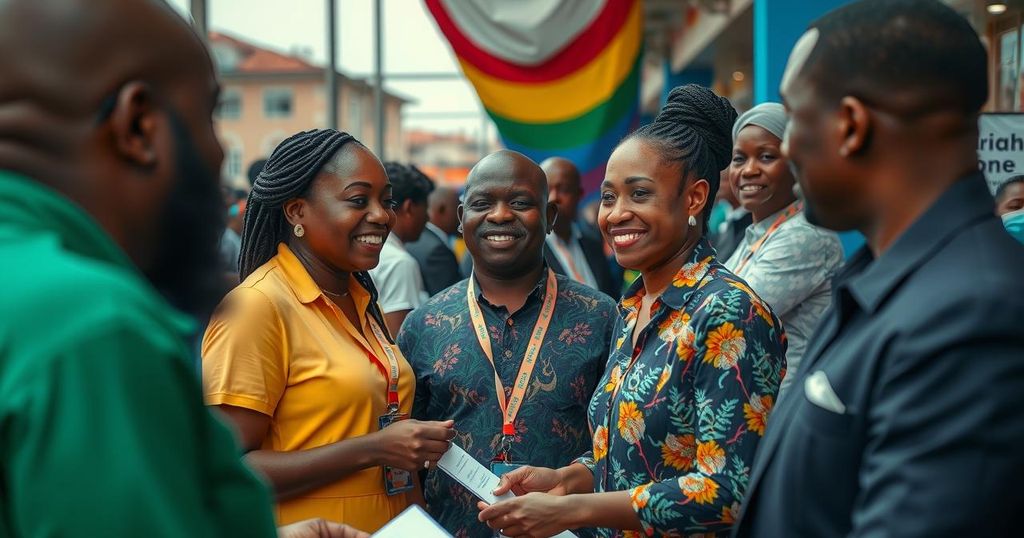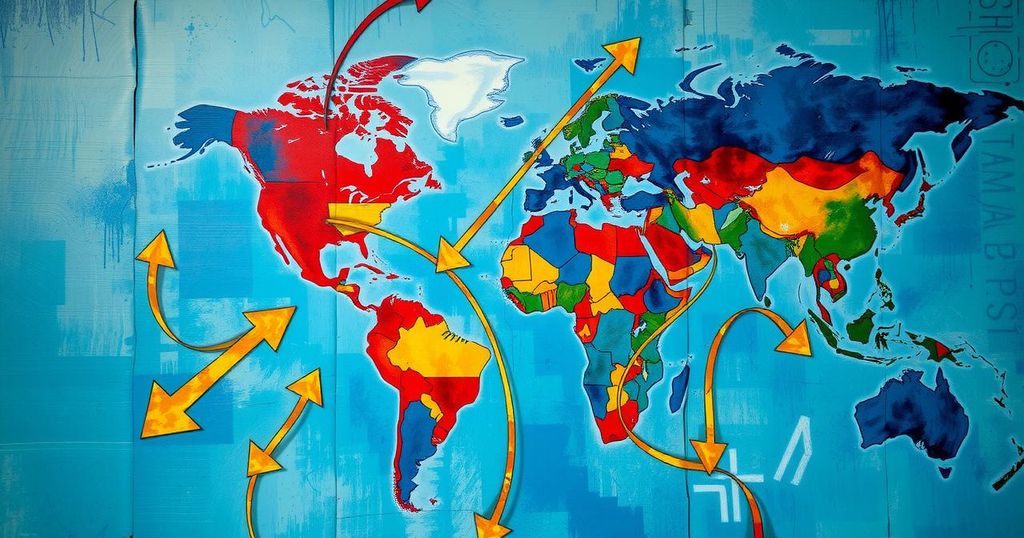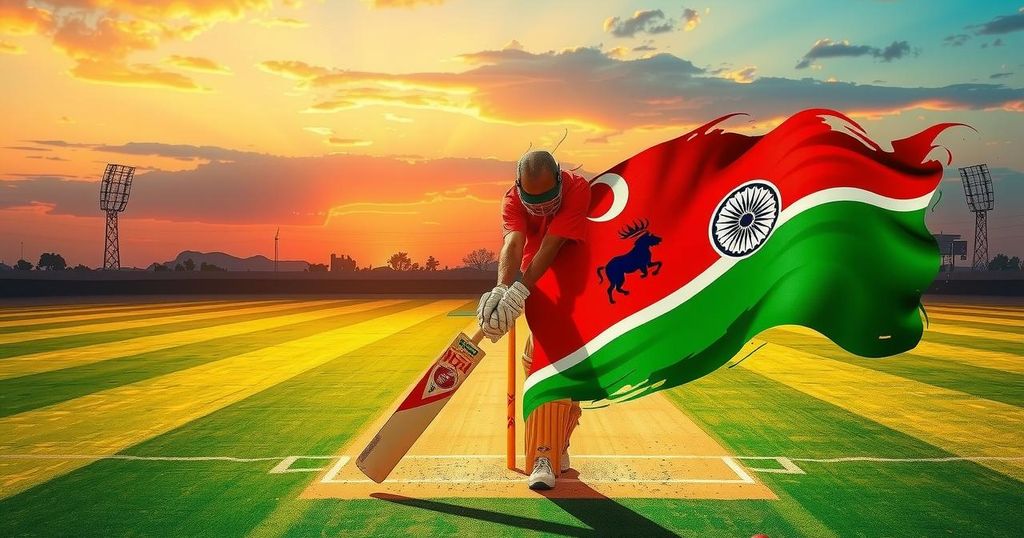Ghana’s Presidential Elections: Voters Seek Change Amid Economic Turmoil
Ghanaians are set to vote in high-stakes elections amidst severe economic challenges, focusing on candidates Mahamudu Bawumia and John Mahama. Voters prioritize economic recovery and job creation, with concerns over high inflation and unemployment. The elections could lead to significant policy changes depending on the outcome.
On Saturday, Ghanaians will engage in pivotal elections to select their next president amid a challenging economic climate. Twelve candidates are contesting, with a prominent focus on two frontrunners: Mahamudu Bawumia, the current vice president, representing the ruling New Patriotic Party (NPP), and former one-term president John Mahama from the opposition National Democratic Congress (NDC). Recent opinion polls indicate a competitive race between the two candidates as voters prioritize economic recovery, high unemployment, and the crisis of illegal gold mining, locally referred to as ‘galamsey.’
As the nation reflects on the economic turmoil exacerbated by the global surge in gold prices and the lingering effects of the COVID-19 pandemic, concerns surrounding poverty and inflation take precedence. Ghana’s inflation rate reached an alarming high of 54.1% year-on-year in December 2022, prompting widespread protests against perceived economic mismanagement. With over 1.3 million unemployed youths, the government has faced increasing pressure regarding its handling of the economy.
Bawumia, who has been at the forefront of the government’s economic management team, maintains that his capacity was advisory, shielding himself from blame for the current economic conditions. Critics, including Mahama, argue he has been reticent in addressing economic issues during his campaign. Bawumia’s spokesperson acknowledged the challenges faced under the government but highlighted achievements in infrastructure, health, education, and job creation.
Conversely, Mahama asserts his commitment to bringing governance and accountability back to the forefront if elected, promising a small government and strategies to combat illegal mining while stimulating job growth. Both candidates stress the need to address rising living costs and enhance the nation’s economic stability, appealing to more than half of Ghana’s 34 million registered voters who seek change.
As the election approaches, analysts predict a tightly contested result, emphasizing the importance of a peaceful transfer of power in maintaining Ghana’s democratic tradition. The upcoming presidential election combines the voting for lawmakers, requiring candidates to secure more than 50% of the votes to avoid a runoff. Amidst heightened anticipation, many Ghanaians express hope for a responsive government that prioritizes the welfare of its citizens.
Ghana is currently facing its most significant economic crisis in decades, characterized by high inflation and youth unemployment, largely influenced by external factors such as the pandemic and rising global commodity prices. These economic challenges have spurred social unrest and a demand for change among voters. The upcoming elections are critical as they will determine the future leadership and direction of the country amidst these pressing issues. With both economic and social implications at stake, the elections have attracted considerable attention both locally and internationally, making the stakes exceptionally high for all candidates involved.
The forthcoming presidential elections in Ghana present a crucial opportunity for the electorate to steer the nation toward a path of recovery amidst dire economic challenges. As candidates Mahamudu Bawumia and John Mahama mobilize their respective support bases, the focus remains predominantly on significant issues such as inflation, unemployment, and governance accountability. The outcome of this election will not only influence Ghana’s immediate economic policies but also its long-term democratic health, with a pressing need for a government that truly reflects the needs and aspirations of its citizens.
Original Source: www.cnn.com




Post Comment